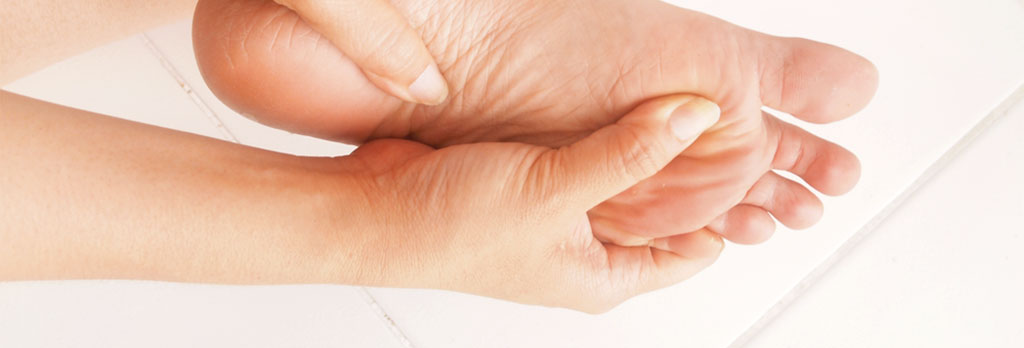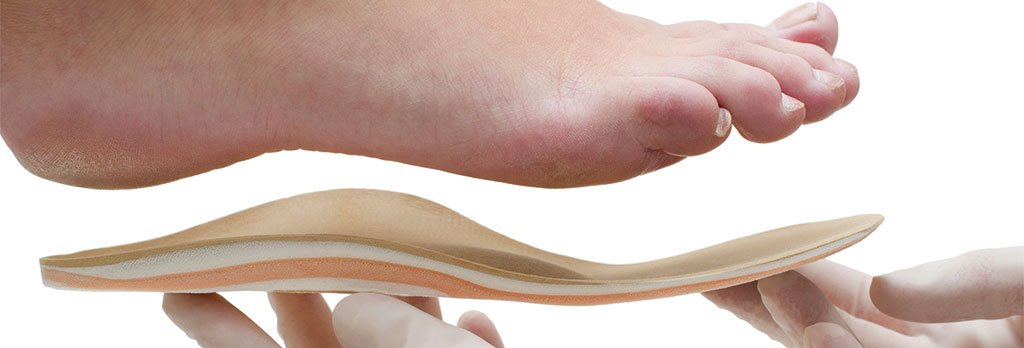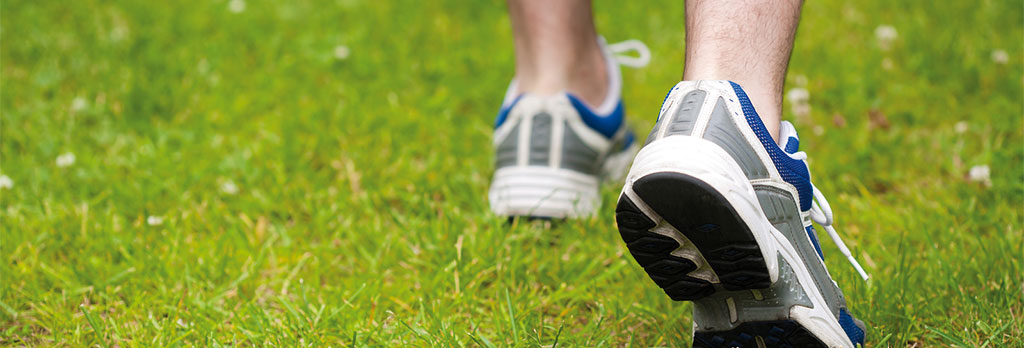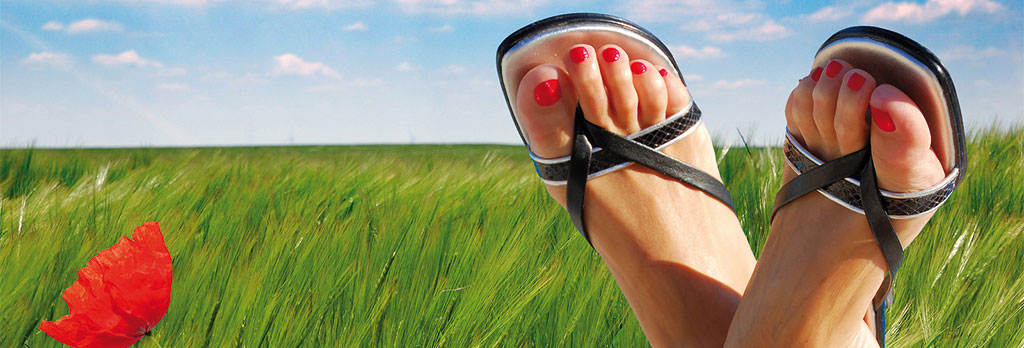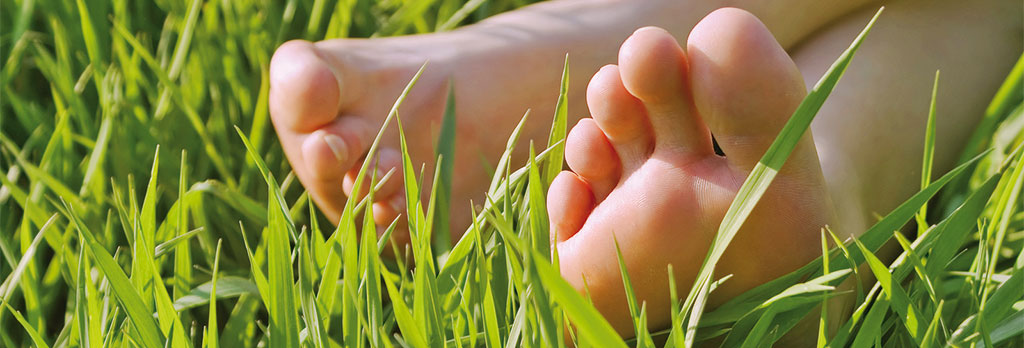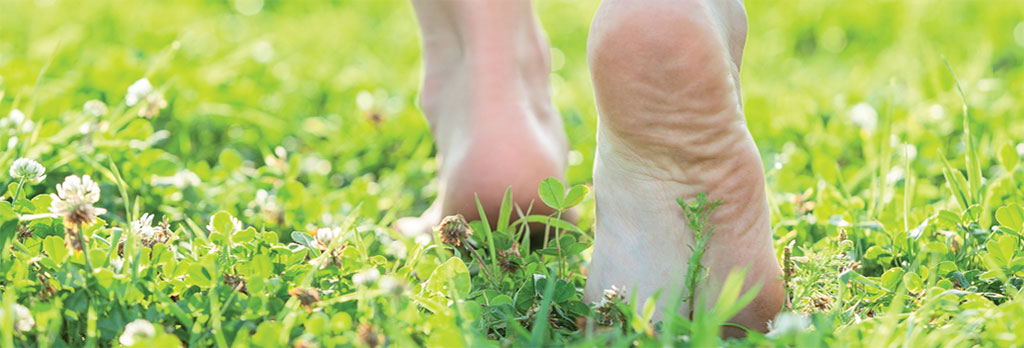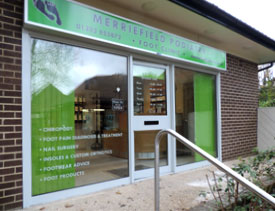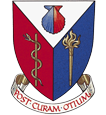Chilblains
Now that Summer is coming to an end and the colder weather will soon be here, some of you will be affected by chilblains. They are more common in older people but conditions such as Raynaud’s Syndrome can also cause chilblains. Chilblains affect toes, fingers, heels, ears and the nose. They can also occur on bunions which are squeezed by tight shoes. Other predisposing factors are:
- Poor circulation
- Family history of chilblains
- Low body weight
- Smoking as nicotine constricts blood vessels
Chilblains are uncomfortable but rarely cause permanent damage. When the skin becomes cold, blood vessels near the surface get narrower and cannot cope with blood flow which leaks into the surrounding tissues causing inflammation. Symptoms generally develop after 12 – 24 hours following exposure to cold.
Although there are different medical treatments for chilblains, the evidence is limited as to whether they are effective.
It is important not to scratch chilblains as they usually heal within a few weeks.
Prevention
- Limit exposure to the cold
- Stop Smoking
- Keep active to improve the circulation
- Wear warm clothes
- Moisturise the feet regularly
- Eat at least one meal of hot food a day as this will warm the body
- Make sure your shoes fit well and feel comfortable.
- Warm your shoes before putting them on. Make sure they are not damp.
- Keep your house warm
Merriefield Podiatry stocks Akileine Winter Cream which moisturises and soothes itchy dry skin caused by cold weather. Akileine Winter Cream keeps the skin comfortable, supple and soft. It is suitable for the whole family.

Key Ingredients:
- Ginugo Biloba
- Allantoin
- Liquorice Root Extract
- Vitamins A, E and D
- Shea Butter
- Calendula Oil
- Beeswax
- Paraben free


